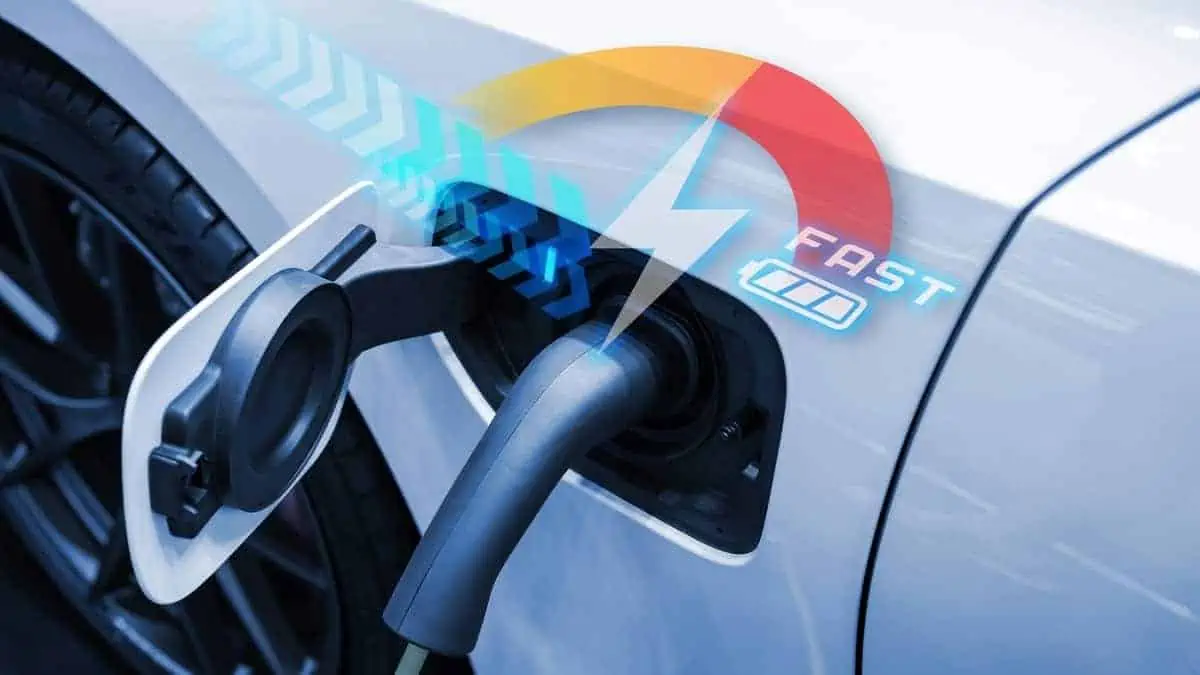Japanese government officials announced plans to launch new tax incentives for ten years to bolster the country’s manufacturing in five industries, including electric vehicles and semiconductors.
Plan details
Reuters reported that Japan’s plans to impose 10-year tax incentives are under a package of breaks that aims to boost local manufacturing in key areas. The amount of the tax breaks will reportedly match the production and sales of the eligible products.
In hindsight, Tokyo-based magazine Nikkei Asia reported last September 26 the Japanese government’s announcement to offer tax breaks for locally produced EV batteries and semiconductors starting April 2024. The proposal is a crucial part of the national government’s efforts to improve economic security and accelerate green transition.
The Ministry of Economy, Trade and Industry will reportedly propose tax breaks for eligible companies for the fiscal 2024 tax code revision. It is similar to the US Inflation Reduction Act, which would lower corporate taxes depending on batteries’ and chips’ output.
The Liberal Democratic Party and the coalition Komeito party will indicate the proposed tax incentives in the fiscal year 2024 tax system reforms due this month, Bloomberg Tax previously reported.
Coverage
Apart from electric vehicles/batteries and semiconductors, the tax incentives will also include green steel, green chemicals, and sustainable aviation fuel.
As per Nikkei Asia’s recent report, semiconductor makers can access up to a 20% tax break every fiscal year. Meanwhile, the corporate income tax will set a 40% cap for other areas.
In addition, the tax breaks will offer 400,000 yen ($2,749) for every electric vehicle. It will also provide 30 yen per liter of sustainable aviation fuel and 20,000 yen for each tonne of green steel.
The tax breaks would be effective for 10 years, beginning with the business plan’s approval. The Japanese government will ask interested companies to submit their applications and proposals by the end of fiscal 2026, as per the report.
Purpose
Japan’s economic stimulus plan aims to bolster investment in the five key manufacturing industries mentioned. It seeks to lessen the complexity for companies planning to invest in the country by offering tax incentives for green projects.
As Japanese Prime Minister Fumio Kishida outlined on September 25, the five main purposes of the planned package of tax breaks are as follows:
- protect citizens from the rising prices’ impact
- spur sustained wage and income gains
- attract local investments to facilitate economic growth
- promote social reform that would “make change into a strength”
- foster public safety and security, such as national resilience
Such government support is indeed crucial to facilitate the shift to green and sustainable technology and bolster economic growth. It can undoubtedly attract many companies to invest in local production, potentially mirroring the success of the IRA in the US. Japan typically updates its tax code every spring after the ruling party approves the proposal and finalizes it in December.






